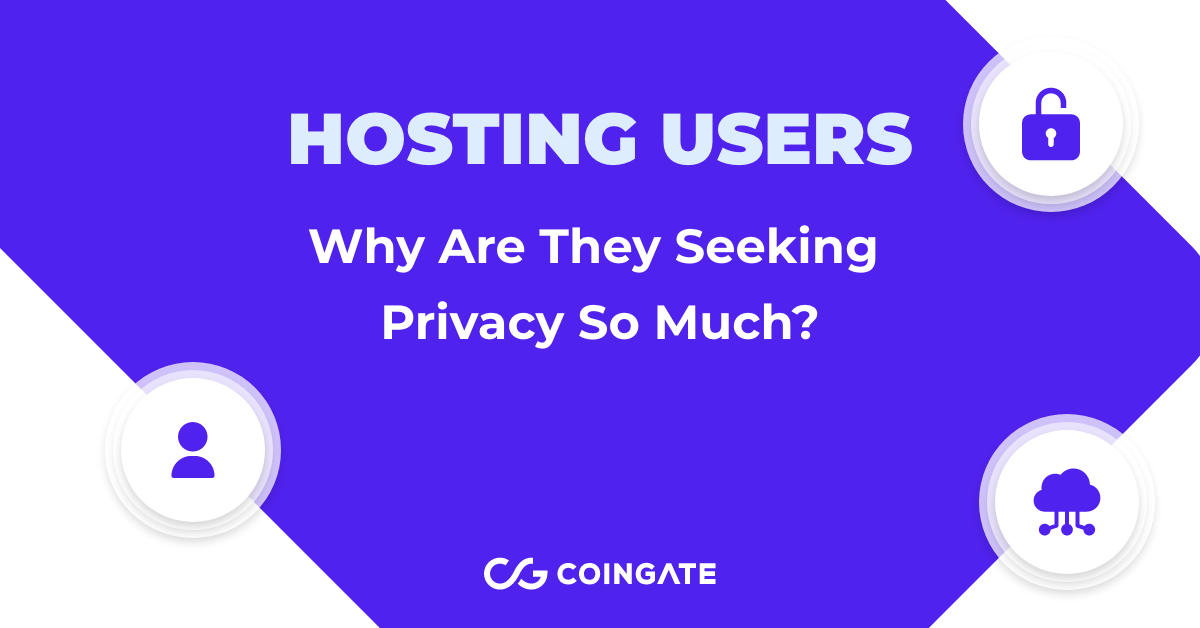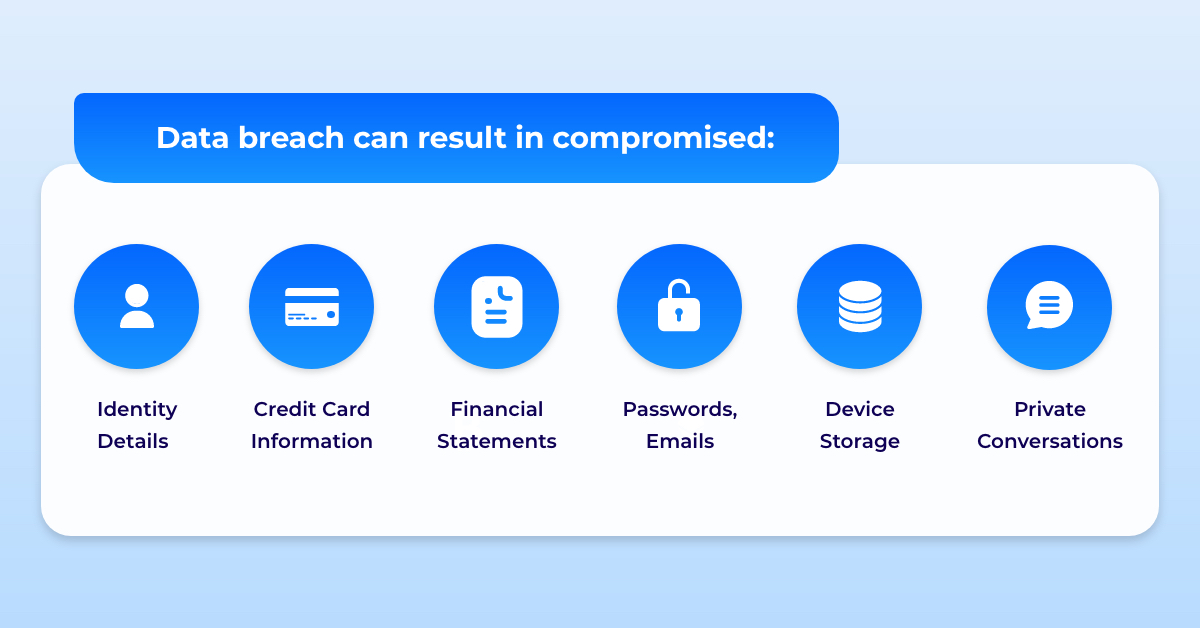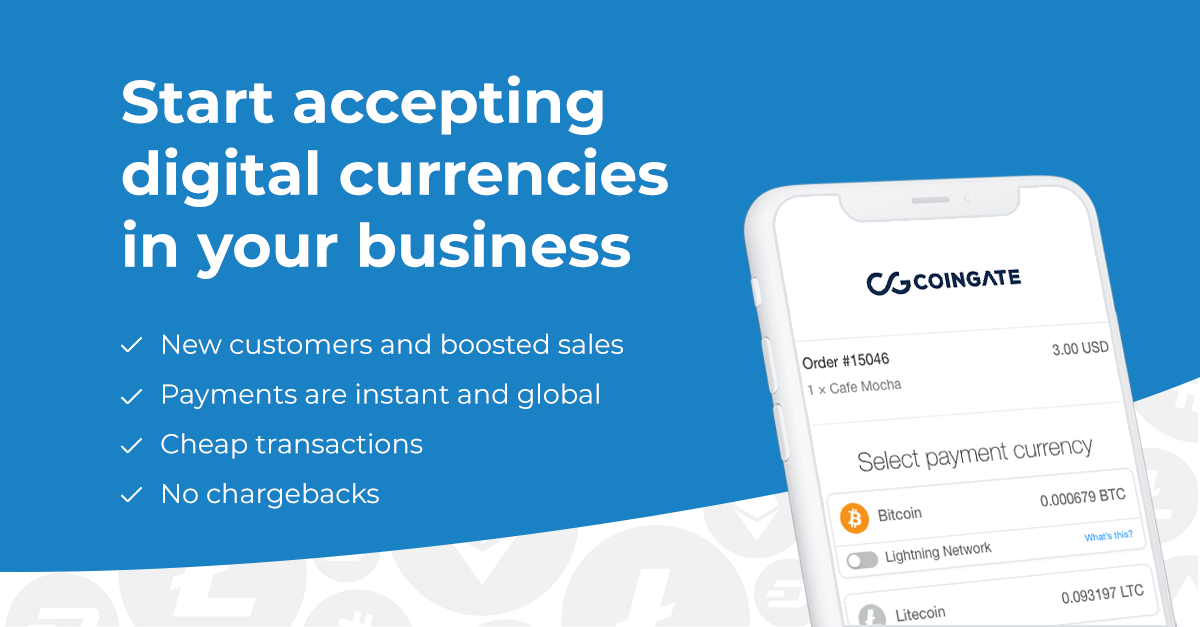
Accept crypto with CoinGate
Accept crypto with confidence using everything you need in one platform.
Privacy-First Crypto Payments for Business: Do Hosting Providers Have The Most Privacy-Seeking Customers?
Why Hosting Providers Use Privacy First Crypto Payments for Businesses? Because They Have The Most Privacy-Seeking Customers?
Currently out of CoinGate’s top 40 best-performing merchants, 14 are hosting service providers. The question then arises – what is the reason for their customers to embrace cryptocurrencies so much?
At this point, all people have sensitive information to safeguard online, some more than others. But now is a dangerous time when every internet user risks to become a target of a completely random hack.
The reality is, data breaches happen frequently whether you’re careful or not, and credit card information gets leaked all the time. According to the Identity Theft Resource Center (ITRC), the worldwide instances of unauthorized access to data skyrocketed by 17% in 2019, compared to a year before.
Some recommendations can help cut the risks of consequences, but recent examples of Wawa breach or Capital One hack only reminds that we don’t have control over everything, and no one is always 100% safe.
And for those unfortunate, being a victim (direct or indirect) of information leak can potentially result in exposed identity details, emails, passwords, device storage, or, worst-case scenario, access to customers’ credit card information and the entirety of the business.
That said, it’s not odd that owners of websites and e-commerce stores are more careful – it’s their passions or businesses, not just personal lives they have to protect.
Could it be part of the reason why they so often choose to pay for hosting services with Bitcoin or other cryptocurrencies?
Convenience as a preventive measure
We’ve already established that customers of hosting providers are more cautious, and will go the extra mile for safety. They’re the type of people who’d likely own an up-to-date operating system with reliable anti-virus software, keep their password manager close, hide their real IP address with VPN and are aware of what phishing is.
They are also the type who’d look for hosting services that would, first and foremost, apply best security practices: have DDoS prevention, SSL and firewall, network monitoring, malware detection, and other necessary means for preventing disasters.
But, if there’s also the possibility to pay for hosting with pseudonymous cryptocurrencies like Bitcoin, Litecoin or XRP, it adds the whole new convenience level that also acts as a preventive measure from the theft of identity or financial information.
As we go further, you’ll find that blockchain payments bring benefits not just for the customer but for the hosting service provider as well. But first, let’s find out what pseudonymous means.
Pseudonymity matters
If you’re looking to host something on the internet, chances are you wish to expose as little unnecessary information about yourself as possible. Luckily, digital assets provide the risk-free approach of paying pseudonymously, to oppose what more traditional payment methods offer.
Pseudonymous payment is such that it doesn’t carry any personal information that could trace back to the person’s real identity. Instead, blockchain user can only be recognized by expendable wallet addresses.
Although visible on a public ledger and totally traceable across the network if needed, cryptocurrency transaction itself leaves no personal footprint like name, email, IP address, location or else.
The only information such payment shares publicly are the amount sent, timestamp, wallet address and cryptographic hash.
That also means no more oversharing sensitive details about yourself and your business during the payment process, such as entering full name, credit card number or CVV / CVV2 / CSC security codes; and less open ways left to expose the security’s imperfections.
As such, digital assets give more immunity to customers in the case of the next unfortunate incident, while businesses have peace of mind knowing they don’t have to store or interact with shopper’s sensitive data as much.
Besides, a regulated crypto payment processor with firmly established compliance procedures can even help mitigate risks and identify transactions coming from scam-associated addresses or known illicit sources.
And that’s just one example of a win/win situation for both hosting service providers and their customers. Benefits of crypto payments go way beyond just pseudonymity to the territory of convenience and less hassle.
Here’s a few of them:
No chargebacks, no fraudulent charges
Hosting provider: customers can reverse credit card purchases at any time with a bank-initiated process called a chargeback. Sadly, some find ways to exploit outdated chargeback policies and use this privilege to commit fraudulent chargebacks. And sometimes, it’s just another friendly fraud case.
No matter which one it is, disputing chargeback claims is a tiring, expensive process you cannot always avoid. Crypto payments, on the other hand, are irreversible, set in stone forever as they are. Having a payment method that’s immune to chargebacks might come in handy, especially when hosting customers are more than happy to use it.
Customer: Mistakes, misunderstandings and errors happen – cards can get charged for additional costs, twice, recurringly. In the worst case, if a credit card gets compromised, there’s a chance you’ll start seeing purchases you’ve never made.
Good news is, none of that can happen to a cryptocurrency wallet. No passwords, names or security codes are needed to share during the payment process, and nobody can ever take anything from your wallet without your cryptographic approval.
Fast, inexpensive, global transacting:
Hosting provider: Crypto payments settle very fast, no matter geographic location or timing. Depending on the digital asset, it usually takes a few seconds with altcoins and around 10 minutes for Bitcoin. However, most payment providers make it so that Bitcoin payments are confirmed soon after they’re made.
It also means all crypto-friendly hosting providers accept payments on a global scale, without any limitations of borders. Besides, they always know for sure when the service is paid for fully and irreversibly.
When mass crypto adoption strikes hard, it will surely prove to be a tremendous competitive advantage, especially for the type of businesses that provide services online.
Customer: At this current moment, almost all next-gen cryptocurrencies are viable for payments, and with them, the cost of a transaction is usually just symbolic. When using Lightning Network solution, even Bitcoin payments can cost close to nothing to make.
All hosting service providers that have adopted CoinGate payment tools support Bitcoin and Litecoin Lightning Network transactions by default. We named and reviewed eight of them here.
A payment method worth considering
It’s not hard to see why hosting providers find more success with alternative payment methods. It makes sense to implement crypto payments when they provide access to a truly global market with some additional risk management benefits.
And even more so if shoppers find such payment method safer and more convenient for them. At least that’s what ⅓ of our top clients show!
Do you think that customers of hosting service providers are more cautious than others? Let us know on Twitter!
Accept crypto with CoinGate
Accept crypto with confidence using everything you need in one platform.





